Living Together
👨👩👧👦 What makes a family, a community, or a classroom work well together? This Living Together video for kids helps second graders explore how people live, learn, and cooperate — from their homes and schools to their neighborhoods and countries. Through vivid animation and simple explanations, students are introduced to family roles, classroom rules, cultural customs, and the values that help people get along.
🏘️ Understand Family Types, Community Roles & Respect for Others
In this engaging Grade 2 social studies lesson, kids will learn about different types of families, from nuclear to extended, and how everyone plays a role. They’ll explore the structure of communities — including urban, suburban, and rural — and discover how rules help people stay safe and fair. The video emphasizes diversity and inclusion while teaching about shared values and traditions.
🎥 This living together video for kids also encourages respect for different cultures and customs. Students see how people dress, celebrate, and live differently around the world — and how those differences make our communities stronger. It’s an excellent springboard for conversations about kindness, fairness, and teamwork.
🏆 Ideal for launching your Grade 2 community or civics unit, this video supports lessons on citizenship, rules, traditions, and multicultural understanding. Teachers love how it blends character education with academic standards, helping students build empathy while learning about the world around them.
Video length: 5:10 minutes.
Worksheets
Quiz
Living Together Match-up Vocabulary Sheet
My Family Questionnaire
Living Together Cloze Worksheet
If My Family…
Draw a Scene
Universal Resources
National Standards
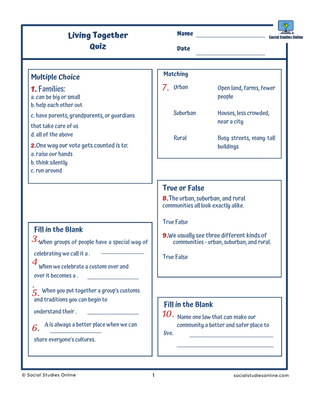

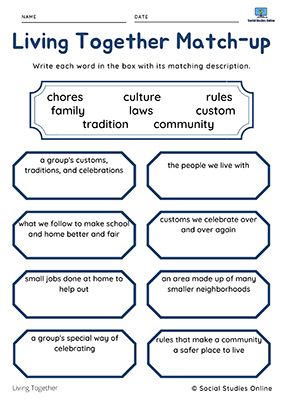

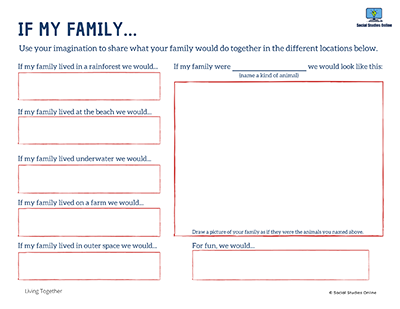

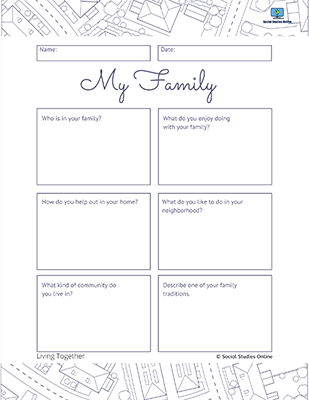

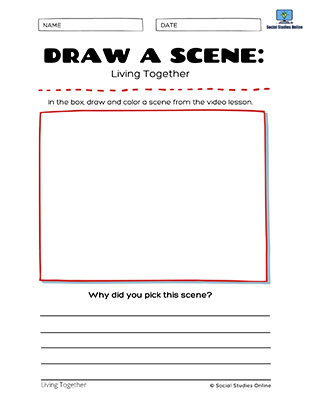

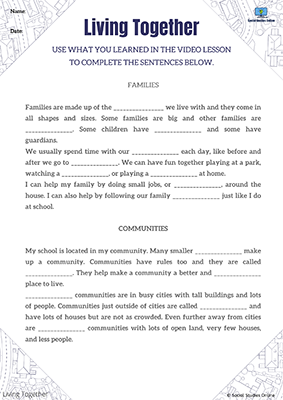

Video Subscriptions
When you only need one video- Unlimited viewing of 1 video
- Post-trip quiz + resources for 1 video
- Access to Closed Captioned version of 1 video
- Lowest-cost option
Teacher + Class Subscription
Teacher + Students- Unlimited access to the entire video lesson library
- All quizzes + learning resources
- Access for 1 teacher + all students
- Access to all Spanish videos + resources
- Access to all Closed Captioned videos
- Best value option for one teacher
School-wide Site License
All teachers + All students- Unlimited access to the entire video lesson library
- All quizzes + learning resources
- Access for all teachers and all students
- Access to all Spanish videos + resources
- Access to all Closed Captioned videos
- Best for school administrators supporting their teachers & students
- Up to 500 students – $450/year
- 500-1,000 students – $600/year
- 1,000+ students – $1,000/year
Topics Covered
Families come in all sizes
We all live in neighborhoods and communities
Communities can be urban, suburban, and rural
Community descriptions
Sharing celebrations, customs, and cultures
Classroom Ideas
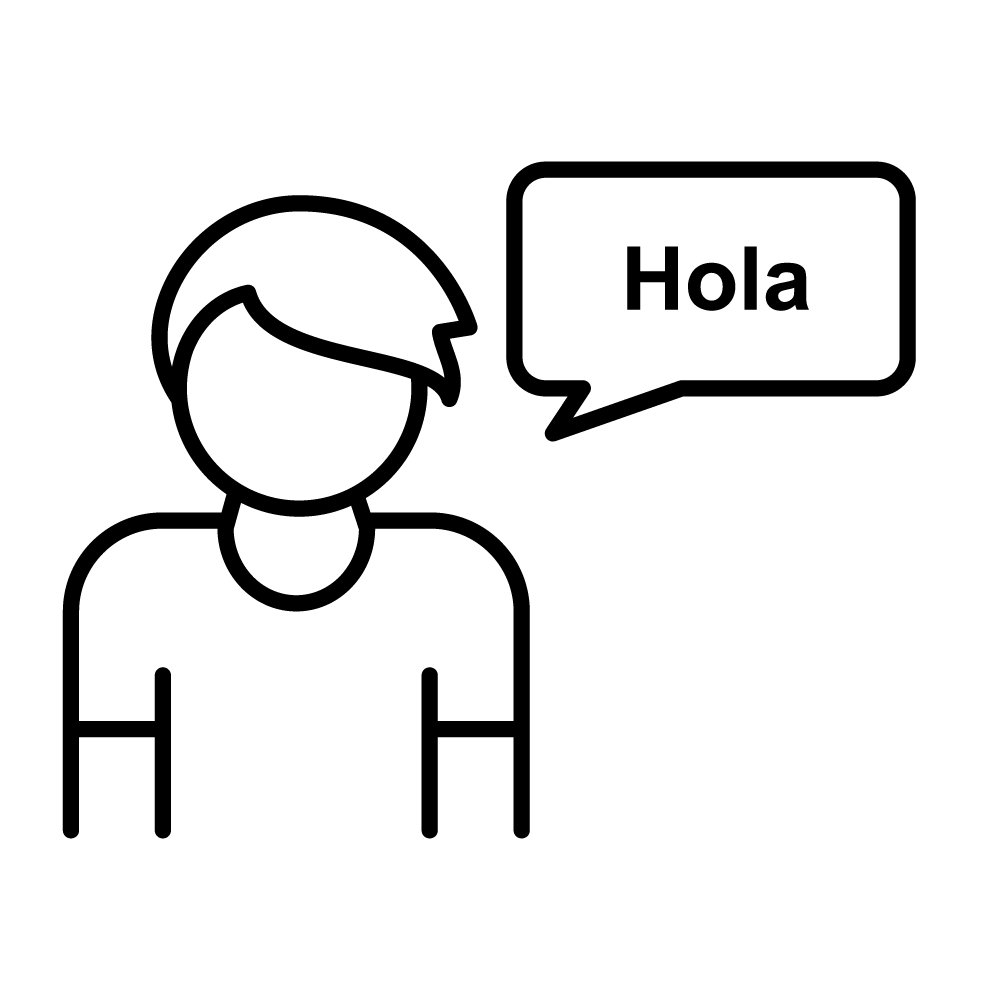
Greetings Around the World
Explore different ways to greet people across various cultures (bowing in Japan, sayingholain Cuba, etc.).

Independence Day around the World
Compare/contrast celebrations such as Independence Day in the U.S., Bastille Day (France) and National Revolution Day (Cuba). Explore the similarities and differences between these celebrations.

Explore Vocabulary
Identify key vocabulary terms while previewing each video. Prompt students to find the meaning of each word as they watch the video.

Music
Listen to music from different countries.

Visual Learning
Offer videos to struggling learners as another way of creating knowledge and accessing information.

International Cuisine
Explore signature foods from various cultures such as Mexico, Italy, and France.

Local Festivals
Have students research cultural festivals at the local, state, and national levels.

Cloze Practice
A cloze piece has full sentences used in the virtual field trip with blanks where students can write in the information that is missing. This task requires close listening to the trip in order to complete it.
Coral reefs are the _______ type of ecosystem in the world. They’ve been around for over _____ million years.
Answers: oldest; 240
Alternatively, you could have students create 5-10 cloze statements and they could share those with the class.
A third alternative is to distribute the cloze worksheets before watching the video. Students can fill them in as they watch.

Art and Social Studies
Draw a scene from the video.
Classroom Ideas for ALL Videos
Dozens and dozens of ideas that you can use in your classroom along with our videos!
Related Videos
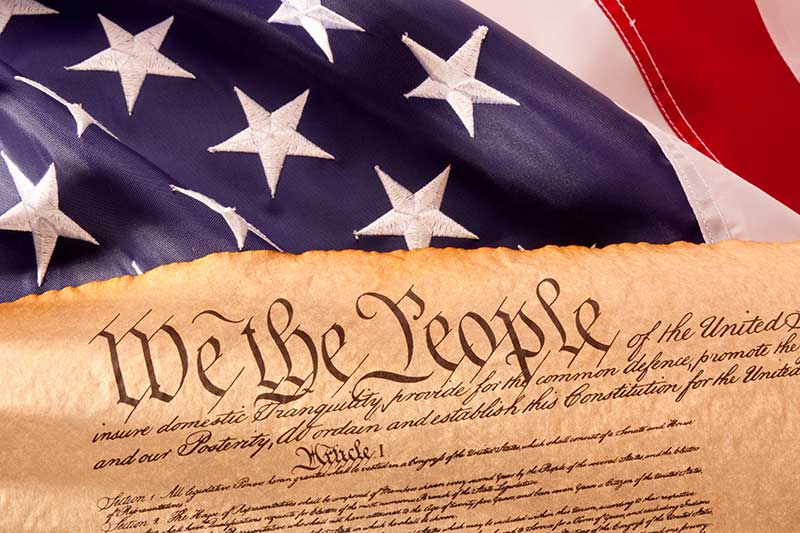
Grade 2 - Our Government At Work
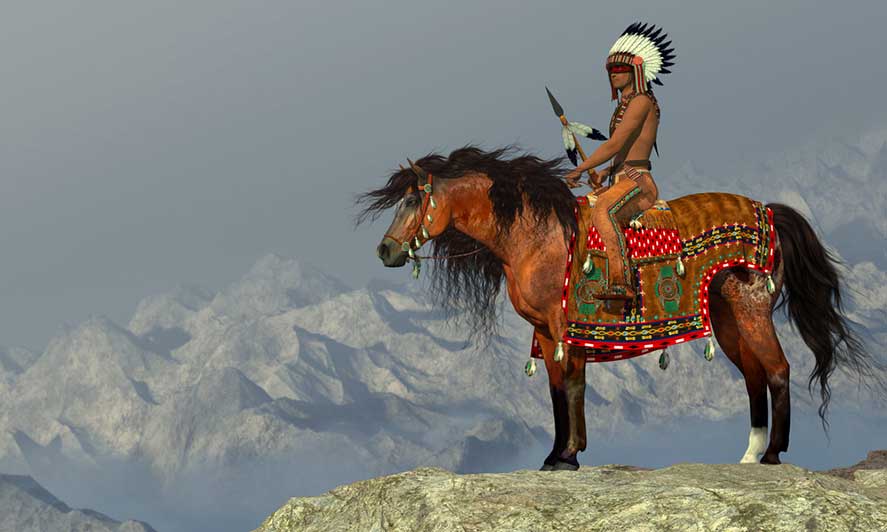
Grade 2 - Early Americans
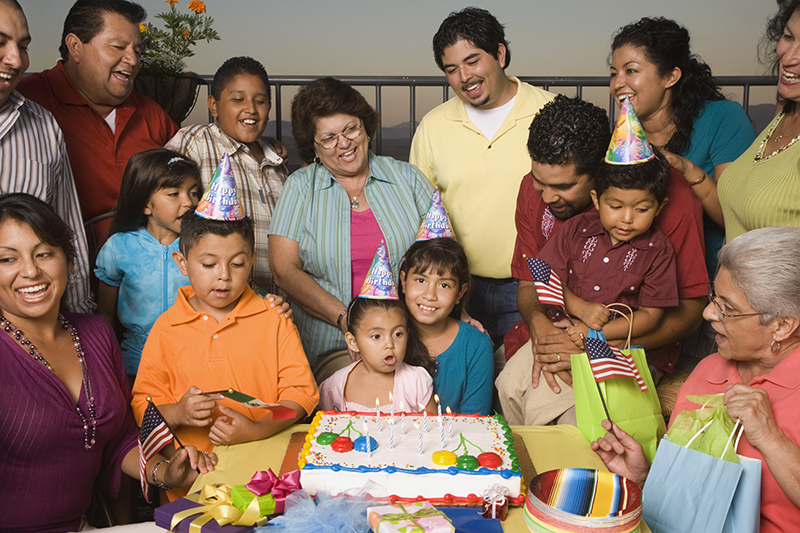
Grade 1 - Families and Neighbors

Grade 2 - Land and Water Around Us
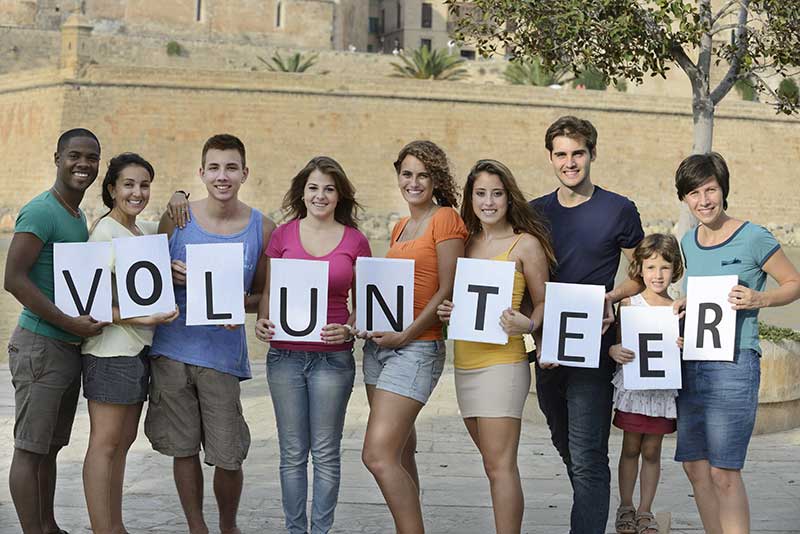
Grade 2 - Work and Money

Grade 3 - A Country of Cultures
Video Subscriptions
When you only need one video- Unlimited viewing of 1 video
- Post-trip quiz + resources for 1 video
- Access to Closed Captioned version of 1 video
- Lowest-cost option
Teacher + Class Subscription
Teacher + Students- Unlimited access to the entire video lesson library
- All quizzes + learning resources
- Access for 1 teacher + all students
- Access to all Spanish videos + resources
- Access to all Closed Captioned videos
- Best value option for one teacher
School-wide Site License
All teachers + All students- Unlimited access to the entire video lesson library
- All quizzes + learning resources
- Access for all teachers and all students
- Access to all Spanish videos + resources
- Access to all Closed Captioned videos
- Best for school administrators supporting their teachers & students
- Up to 500 students – $450/year
- 500-1,000 students – $600/year
- 1,000+ students – $1,000/year


